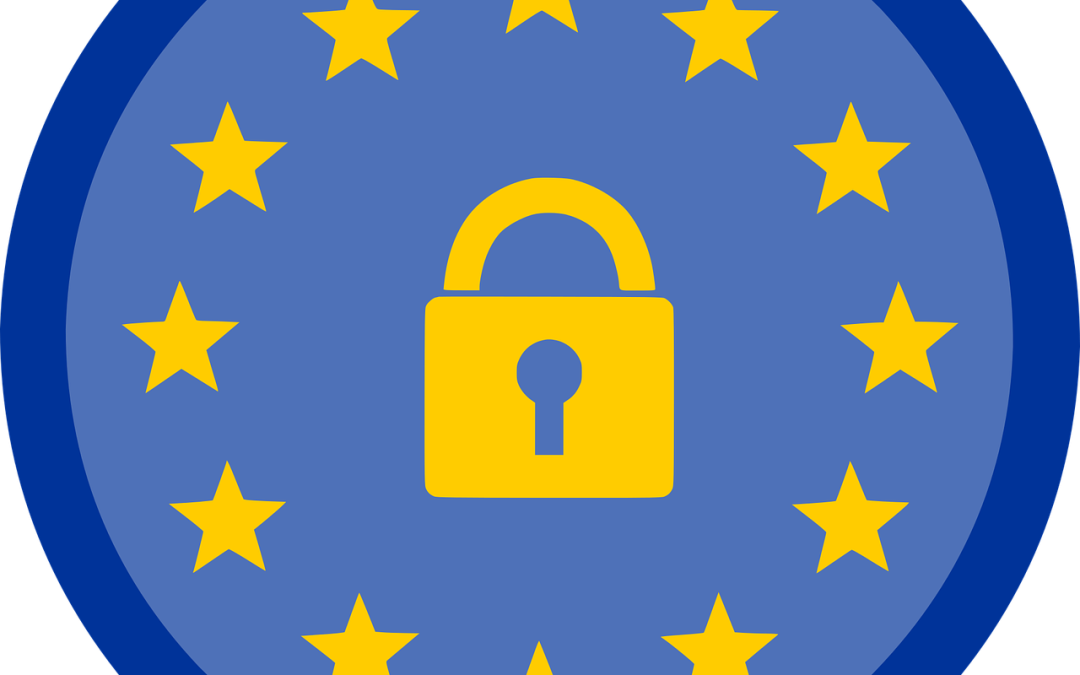This post explores the evolving AI regulatory landscape and essential aspects of the EU Act law, crucial for understanding its impact.
An in-depth Analysis of the Evolving AI Regulatory Landscape and the Future Implications of the EU Act Law
The rapidly evolving landscape of Artificial Intelligence (AI) demands intricate regulations to maintain a checks-and-balances system on its growth. With the EU’s new act law, it’s quite essential to understand its implications and what the future holds.
The Paradigm Shift
The adoption of this law brings forward a realm where regulatory authorities closely monitor the application and use of AI. While the potential benefit of AI in enhancing productivity and effectiveness is well-understood globally, there are inherent risks, ethical issues, and privacy concerns which make AI regulation an absolute necessity. Therefore, a central legal framework promoting responsible AI usage can pave the way for a more balanced AI ecosystem.
Future Implications of the EU Act Law
When looking at a regulatory approach to AI, one must understand the potential implications. These may range from imposing constraints on AI developments to a more inclusive AI development utilizing lessons learned from ethical dilemmas and mistakes.
- Complicated Compliance Challenges: Organizations in the EU region may face increased compliance challenges as they strive to align with rigorous new standards.
- Economic Impacts: There could be substantial financial implications for firms that do not adhere to the Act. The regulatory body could impose substantial fines.
- AI Development: Strict regulation may influence AI development. While it might impose certain constraints, it could also spur innovative solutions that respect privacy and data rights.
Future Developments and Trends
As global authorities follow suit, it’s safe to assume that AI regulations will become thoroughly ingrained in the international tech policy in the future. It will lead to:
- Developing New Compliance Strategies: Organizations will need to devise strategies to comply with regulations while still maximizing the potentials of AI.
- Adoption of Ethical AI: The regulatory environment may accelerate the adoption of ethical AI, which respects personal data, privacy, and promotes fairness.
- Inspiring Innovation: Necessity is the mother of invention. Navigating through regulations might lead to innovative products that balance AI’s potential with its risks.
Actionable Advice
- Understanding the law: Businesses should understand the provisions of the EU Act law. Doing so will enable them to ensure they remain within legal boundaries when applying AI technologies.
- Invest in Compliance: Organizations should allocate resources for compliance measures. It includes understanding the law, developing and implementing compliant practices and systems.
- Ethical AI Development: With the future moving towards an ethically concerned approach, businesses should prioritize the development of ethical AI that respects people’s rights and privacy.
In Conclusion,
Moving forward, businesses should be prepared to adapt and comply with the rapidly evolving regulatory landscape of AI. With the new AI Act by the EU leading the way, the era of unfettered AI growth may be behind us, opening a new chapter of responsible and fair AI development and usage across the globe.
